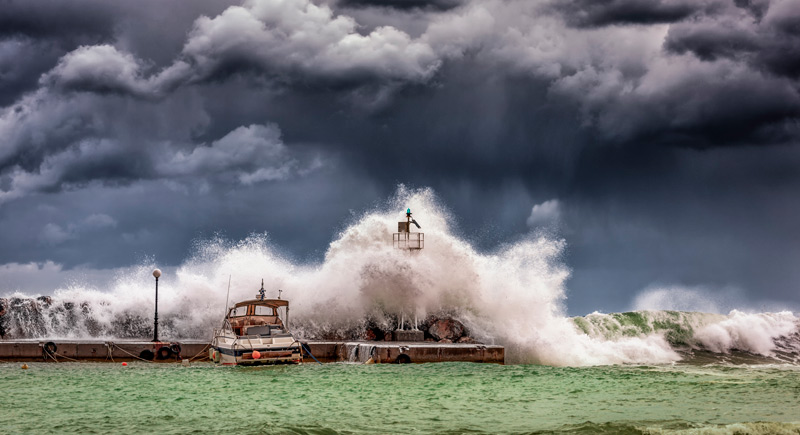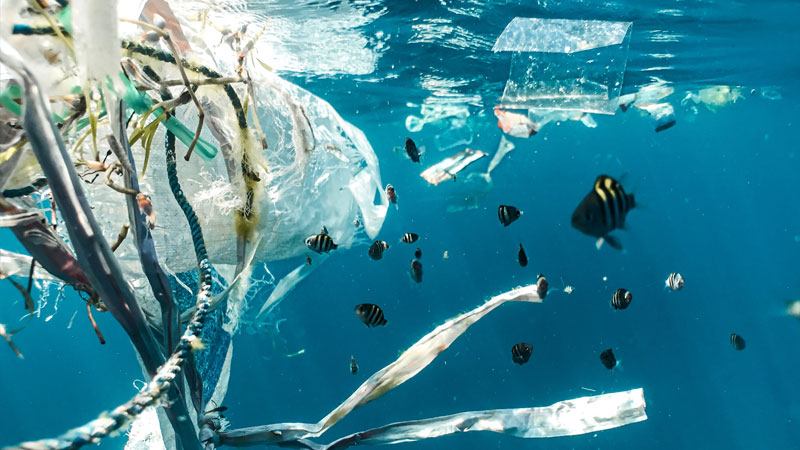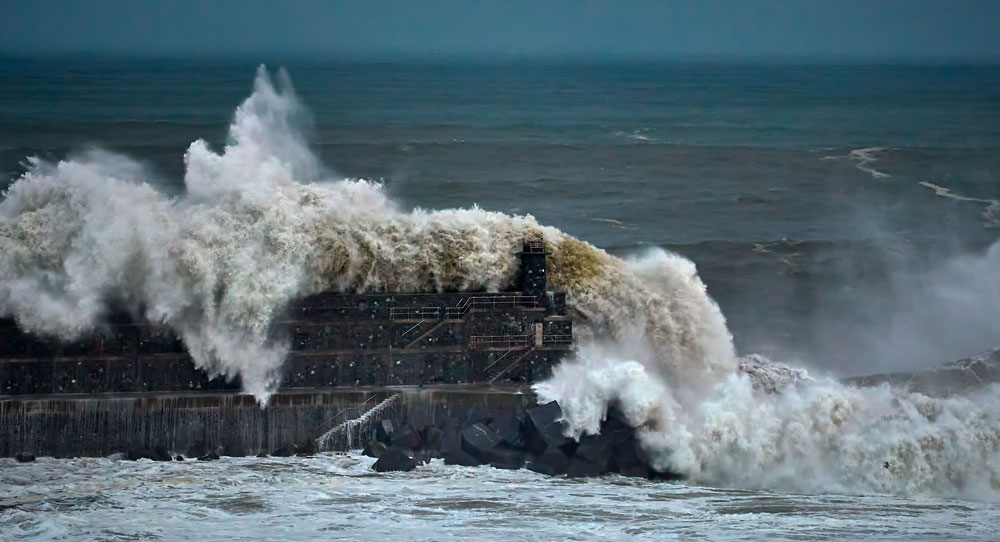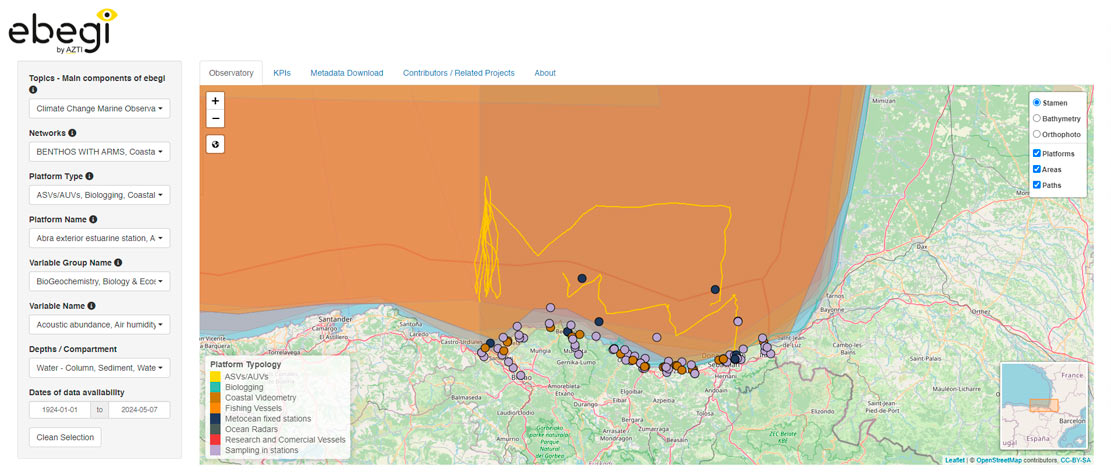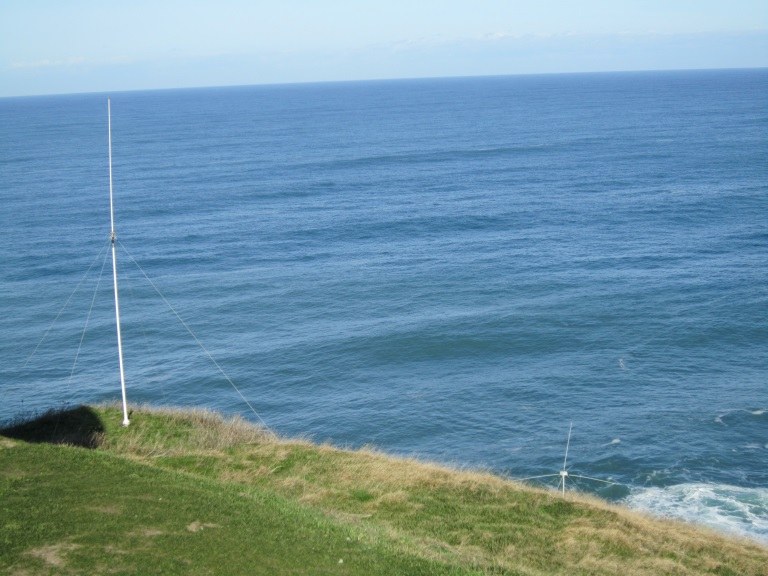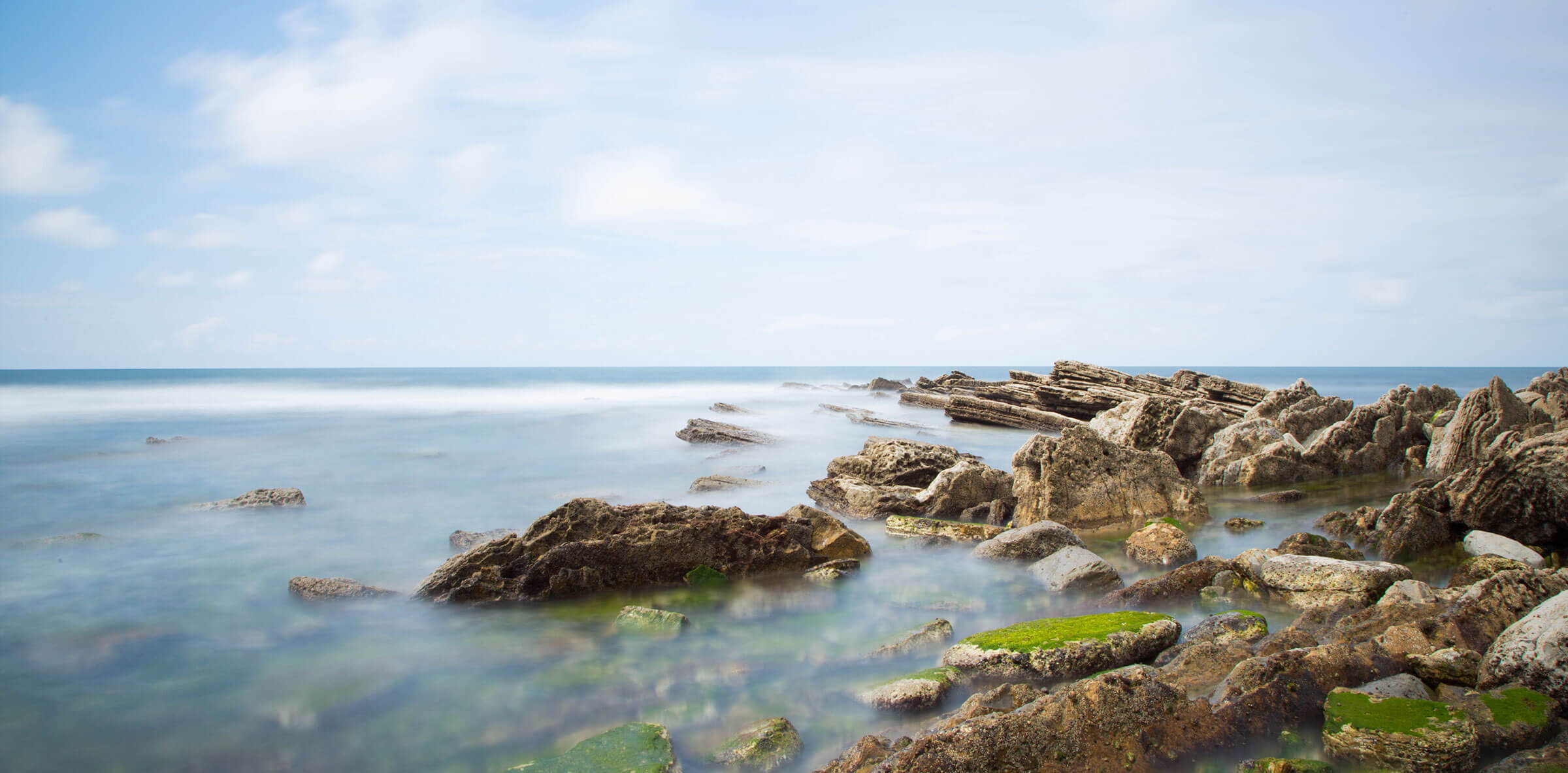LIFE LEMA
Intelligent marine LittEr removal and Management for local Authorities
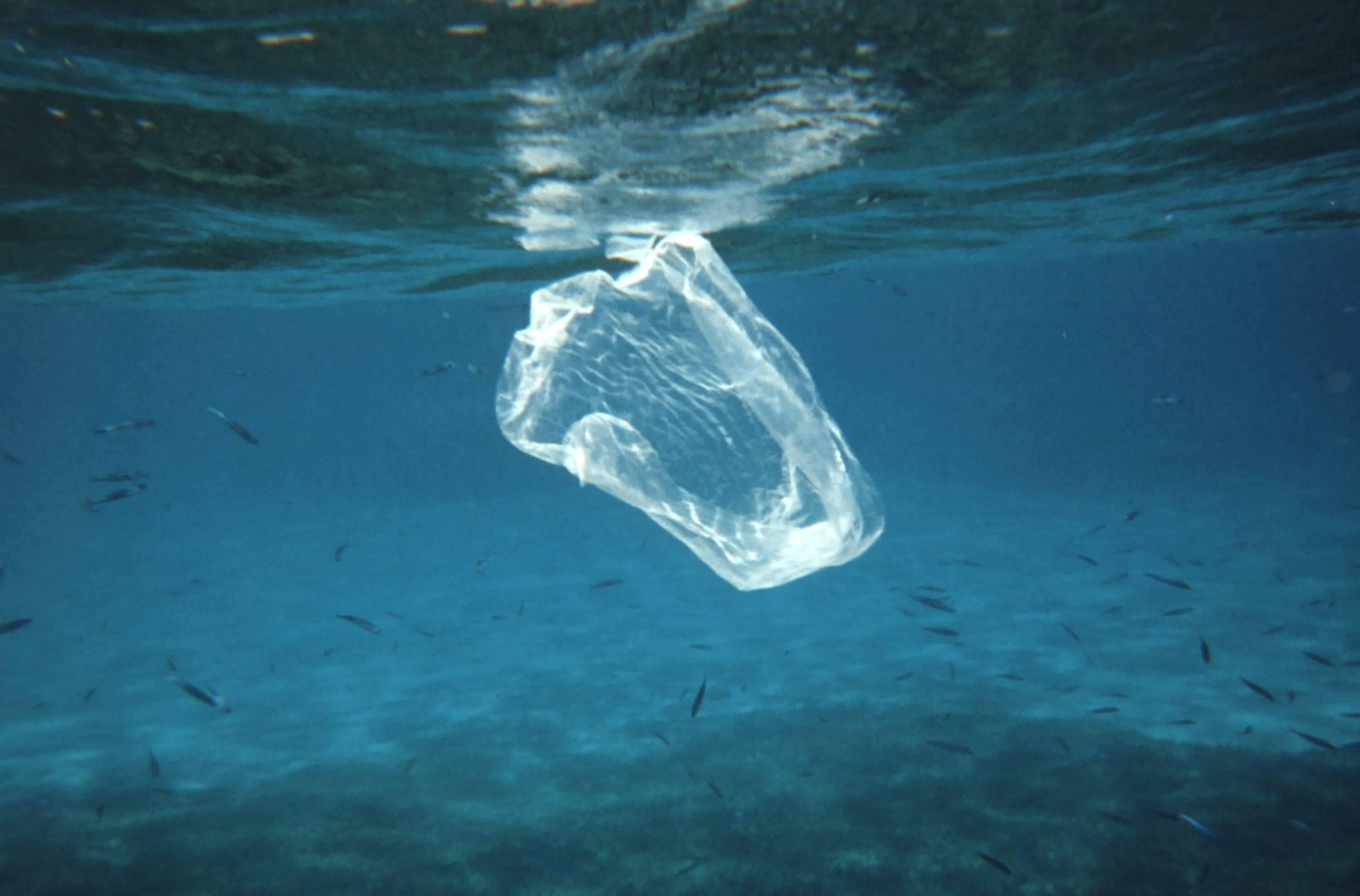
Key results
The project has permitted the development of techniques and technologies to predict, detect, analyse and collect floating marine litter, as well as to test them together. One of the main results of the project has been the tool to predict and detect floating marine litter, defined as LEMA TOOL. This tool, which could be extremely useful for the administrations, has been associated with the application of collection methodologies to identify the best synergies in terms of applicability, cost efficiency and analysis, and benefits.
The project aims at defining a holistic management service: to guide local authorities, in charge of coastal water protection, in selecting the most sustainable approach (low carbon, cost and resource effective, and beneficial for society) to address floating marine litter (“FML”) before they arrive to shore, areas with difficult access, or they sink; and to prevent and reduce the impact FML causes to the environment and society. The service, implemented in 2 transnational regions in the SE Bay of Biscay (Gipuzkoa and Pyrénées-Atlantiques) (Fig B2.1), comprises tools and management plans with a collection target of 100 tn of FML within the project.
The project promotes solutions for the implementation of the Marine Strategy Framework Directive (MSFD), which seeks the good environmental status of European waters. Recommendations derived from the 3 working groups envisaged in the project on marine litter, operational tools and management actions together with the European network on marine litter that will be created in this project will encourage an experts’ platform as solution driver and open questions.
In addition, the project presents 5 specific objectives:
- provide a sustainable solution for marine litter management for local authorities
- promote the diversification of fishing vessel’s economic activity (shifting from fish to marine litter)
- promote networking for implementation of MSFD
- increase the replicability and transfer opportunities of the positive outcomes of the project for other geographic locations
- disseminate the outcomes of the project to the general public, specialist audience and end users of the proposed solution.
The prevention of the impact of FML will be achieved by addressing the source of the pollution. For that, tasks will include metocean forecasting, sources of pollution (incl. river mouths), local historical data, a specific FML observatory, collaboration with other networks/initiatives, and raising awareness.
The partnership of local authorities with technical institutions and a NGO in the consortium will help to achieve a practical solution, which will be validated for local case studies, but also replicable.
Three FML reduction strategies include the use of retrofitted coastal artisanal fishing vessel, sea cleaning vessels, floating barriers. The use of fishing vessels is conceived as an additional source of income, through diversification of their economic activity, in particular for their low activity season.
| Partners |
Diputación Foral de Gipuzkoa (líder), AZTI (technical coordination), Lyonnaise des Eaux, Ville de Biarritz, Syndicat mixte Kosta Garbia and Surfrider Foundation Europe. |
| Funding |
UE, DG Environment. LIFE programme (LIFE15 ENV/ES/000252) |
| Lenght |
September 2016 – September 2019 |
| More information |
